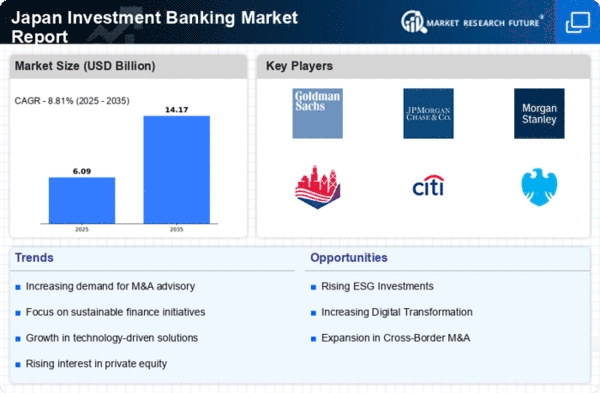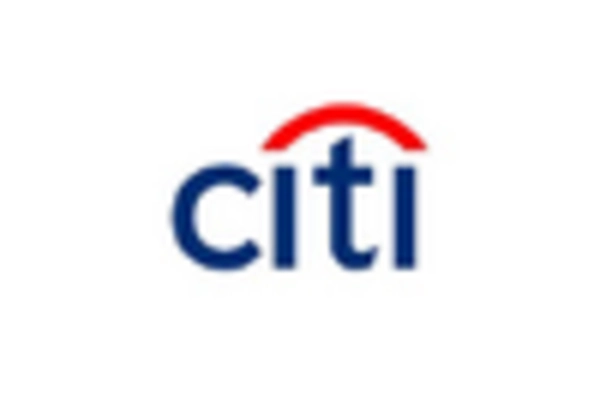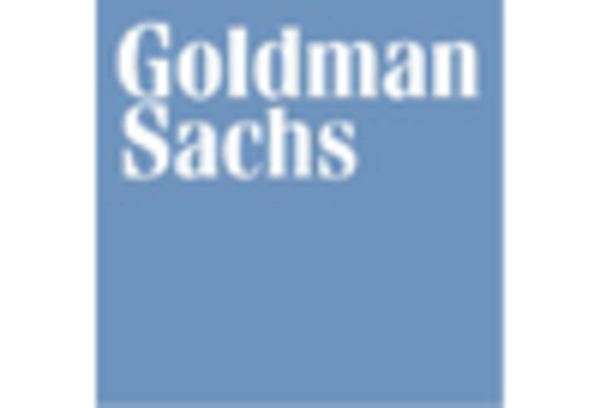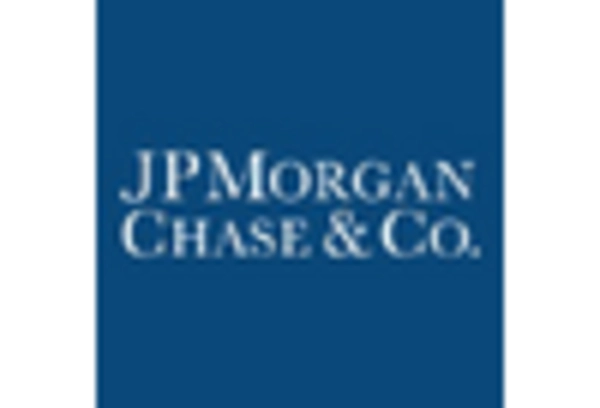Increased Foreign Direct Investment (FDI)
Japan's investment banking market is significantly influenced by the influx of foreign direct investment (FDI). In recent years, Japan has become an attractive destination for foreign investors, with FDI inflows reaching approximately $30 billion in 2025. This trend is driven by Japan's advanced technology sector and its strategic location in Asia. Investment banks are capitalizing on this opportunity by providing tailored financial services to foreign companies looking to enter the Japanese market. The growing interest from international firms not only boosts the investment banking market but also enhances cross-border transactions, thereby creating a dynamic environment for investment banking activities.
Economic Growth and Investment Opportunities
The investment banking market in Japan is currently experiencing a notable surge due to the country's robust economic growth. With GDP growth projected at around 2.5% for the upcoming year, there is an increasing appetite for mergers and acquisitions (M&A) as companies seek to expand their market presence. This growth is further fueled by a favorable business environment, characterized by low-interest rates and a stable political landscape. As a result, investment banks are witnessing a rise in deal-making activities, with the total value of M&A transactions in Japan reaching approximately $200 billion in 2025. This trend indicates a strong demand for advisory services, thereby enhancing the overall landscape of the investment banking market in Japan.
Regulatory Environment and Compliance Challenges
The investment banking market in Japan is navigating a complex regulatory environment that poses both challenges and opportunities. Recent regulatory changes have increased compliance requirements for financial institutions, necessitating investment banks to enhance their risk management frameworks. In 2025, compliance costs are expected to account for around 10% of total operating expenses for investment banks. While these regulations aim to promote transparency and stability, they also create hurdles for market participants. Investment banks must adapt to these changes by investing in compliance technologies and training, thereby influencing their operational strategies and overall market dynamics.
Technological Advancements in Financial Services
The investment banking market in Japan is increasingly shaped by technological advancements that enhance operational efficiency and client engagement. The adoption of fintech solutions, such as blockchain and artificial intelligence, is transforming traditional banking practices. In 2025, it is projected that investment banks will allocate approximately 15% of their budgets to technology investments. This shift enables banks to streamline processes, reduce costs, and offer innovative products to clients. As a result, the investment banking market is becoming more competitive, with firms leveraging technology to differentiate themselves and meet the evolving needs of their clients.
Corporate Restructuring and Strategic Realignment
The investment banking market in Japan is currently witnessing a wave of corporate restructuring as companies adapt to changing market conditions. Many firms are reevaluating their business strategies, leading to an increase in divestitures and spin-offs. In 2025, the total value of corporate restructuring deals is estimated to exceed $50 billion, indicating a strong demand for advisory services in this area. Investment banks play a crucial role in facilitating these transactions, providing expertise in valuation, negotiation, and execution. This trend not only enhances the investment banking market but also reflects the evolving landscape of corporate governance in Japan.
















